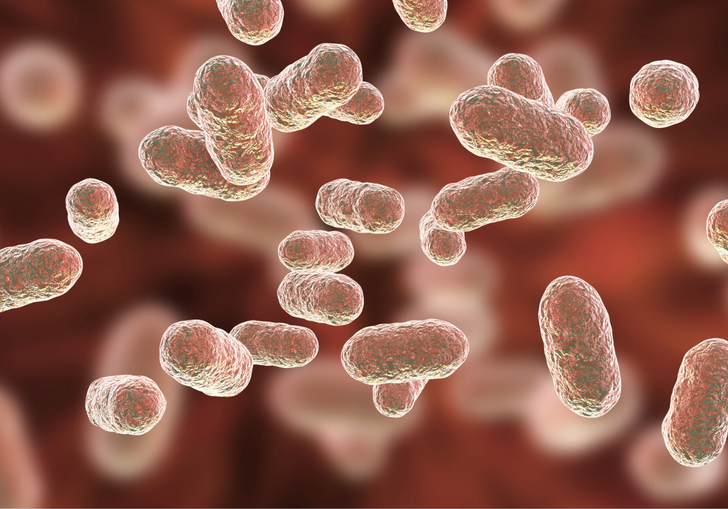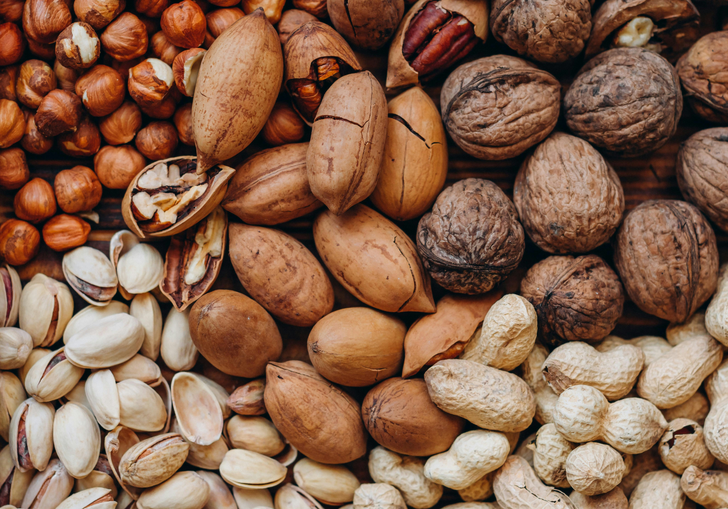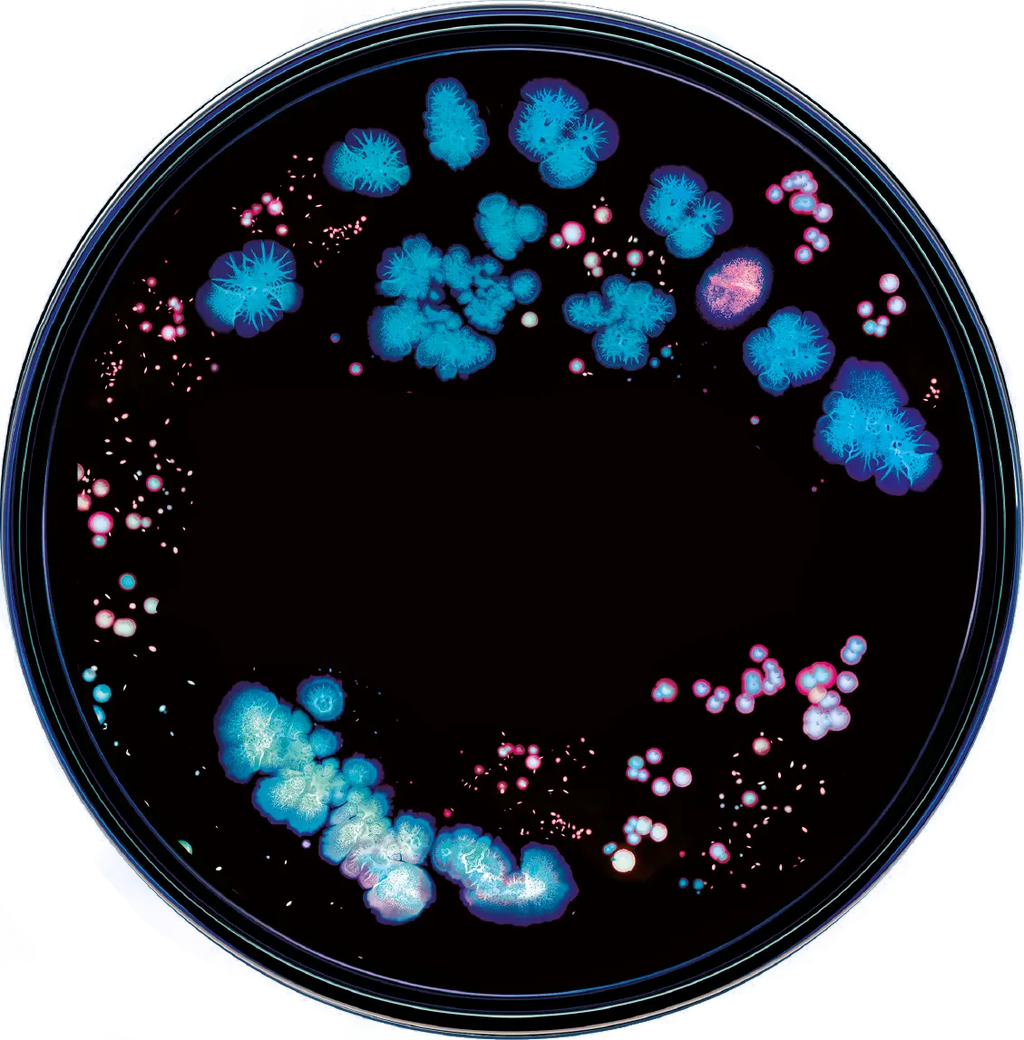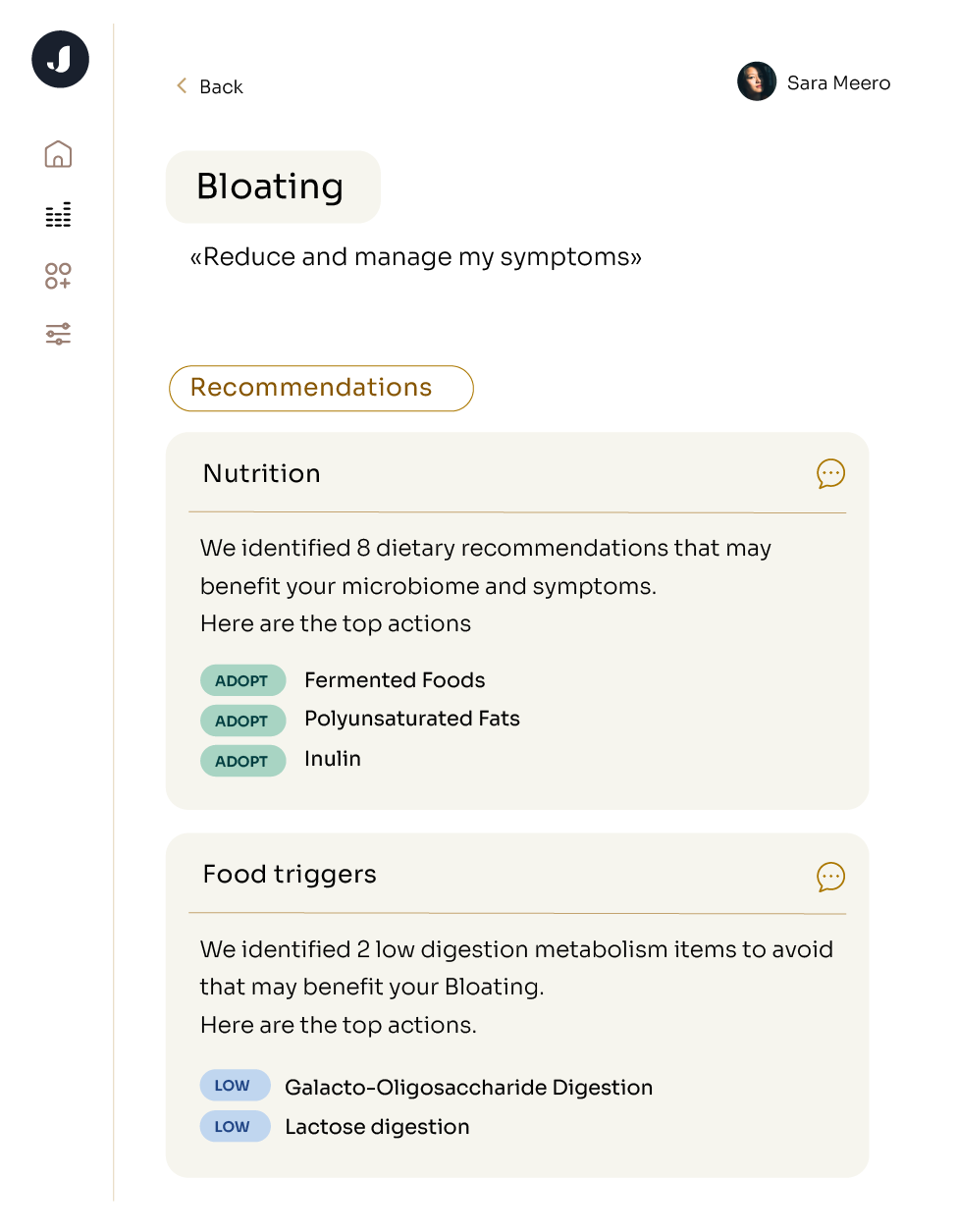With the recent release of Hack Your Health: The Secrets of your Gut, the conversation about healing your gut has been hotter than ever. This short documentary follows four different people as they explore the science behind their gut issues and how they connect to whole-body health.
Here at Jona, we thought the documentary did a great job explaining this complex organ. We especially loved seeing our scientific advisor Dr. Eran Segal discuss the nuance of tailoring your diet to your body. In this article, we’ll talk about our top 5 takeaways from the documentary and what they mean for your health.
Your gut microbiome is the collection of microorganisms inside your digestive system. These microbes live primarily in your small and large intestines, and they help digest the fiber in your food that human cells can’t break down. The pattern of different microbes in your gut can tell you a lot about overall health and research shows that conditions ranging from depression to food allergies are associated with unique microbial patterns in the gut.
In Hack your Health, Dr. Giulia Enders compares the gut to a forest, where different species live in close quarters, compete for resources and work together. It’s an apt metaphor: We know that the gut microbiome is a complex ecosystem of trillions of organisms and that the gut microbiome is sensitive to changes in diet, exercise and environment.
Hack Your Health had a few great ideas for general gut health, including:
- Adding more fiber
- Limiting ultra-processed foods
- Eating 20-30 different plants per week
- Eating fermented food
To get more specific on the foods that will benefit your gut the most, you’ll want to get familiar with the microbes already in your specific gut. This happens through a microbiome test - more on that later.
Now, what did we take away from the documentary? Here’s Jona’s six key points.
If you walk into a health food store today, you’ll see shelves upon shelves of probiotic supplements. While the proliferation of commercially available strains is somewhat new, humans have been eating probiotics for millenia - just in the form of fermented foods. Fermentation helps preserve food, which is part of why it’s been found in human cultures going back thousands of years, and in recent years, we’ve rediscovered it as a source of healthy bacteria.
So how does fermentation work? Essentially, the bacteria that live in and on our food begin to convert the carbohydrates in that food to alcohol, giving fermented foods their sharp taste. Those bacteria can also benefit your gut health, so eating more fermented foods like yogurt, sauerkraut, and kimchi may have gut health benefits.
We loved that Hack Your Health highlighted the importance of a diverse diet. The microbes in your gut all have favorite foods, so eating a varied diet helps keep your gut rich in diversity. Higher gut microbiome diversity from feeding your whole range of microbes is linked to lower blood pressure and even a bigger brain. Further, we heard in the documentary from microbiome expert Dr. Justin Sonnenberg, that even the people eating kale salads every day might be starving the microbes that don’t eat kale.
At Jona, we believe that everyone’s diet should be personalized to their microbiome, which is why we’ve built an AI model to tell you the foods that are best for your gut specifically. While you don’t have to go as far as Maya (remember the 60-plant smoothie?) mixing up what’s on your plate can help you nourish a whole ecosystem of microbes, not just a couple specific organisms. To identify the best mix of foods to rotate, you’ll need to start by understanding your current microbiome.
Mucus might make you think of a runny nose, but this slippery substance has an important role in the gut, too. The inner walls of your gut are lined with a mucus layer that separates your cells from the foreign bacteria in your gut. You might remember the cute green mucus characters from Hack Your Health linking arms as they protect the intestinal walls from the zoo of microbes in the gut.
In a healthy gut, the microbes have enough fiber to eat, and the mucus primarily serves as a barrier. However, when the microbes don’t have enough fiber, they’ll break down the mucus barrier as a last resort, leading to weaker intestinal walls and sometimes even bacteria escaping out into the body - a situation often called leaky gut. Eating fiber in sufficient quantities for your gut will help keep your microbes fed and your mucus barrier intact.
Dr. Eran Segal, a leading scientist in the microbiome space and one of Jona’s scientific advisors, is featured in Hack Your Health as an advocate for personalizing your diet to your microbiome. Dr. Segal’s research shows how two people on the same diet can have wildly different metabolic responses, depending in large part on their microbiomes: “If you would give an identical apple to three different people, each of these individuals would show a different response,” he points out in the documentary. It’s one of the primary reasons why we believe in the importance of measuring your own microbiome to understand your current situation and personalizing the dietary choices (and other choices) you make to optimize your health.
Gut microbiome testing was crucial for each Hack Your Health cast member, despite their different health issues. Think of microbiome testing like a census of the population of your gut: it enables you to take stock of what’s there, what’s absent, and notice patterns of growth and decline over time. Modern technology called shotgun metagenomic sequencing allows us to analyze everything in your gut, including viruses, fungi, bacteria, and protists, which all have different roles in the gut ecosystem.
The first step is to test your microbiome so we can see what bacteria you have
Such testing can help demystify digestive issues. When determining the right diet for you, Dr. Eran Segal explains, "the first step is to test your microbiome so we can see what bacteria you have." You can take a gut microbiome test through your doctor or order an at-home kit online. Many tests are available, but we created Jona to use unbiased shotgun sequencing and AI analysis, linking your results to known disease profiles in medical research.
You probably remember Kobi from the documentary. After 20 years as a competitive eater, Kobi no longer feels hunger, and reflects that the lack of mental cues around eating or fullness has disrupted his relationship with food. Eating involves the brain as much as the gut, and keeping these two organ systems on the same page can improve digestion.
Eating isn’t all about nutrition. Experiences like smelling or cooking a favorite food, taking a break from screens while you eat, chewing your food thoroughly, and eating communally with others can tune your brain into signals from your gut, promoting more mindful eating and a stronger gut.








